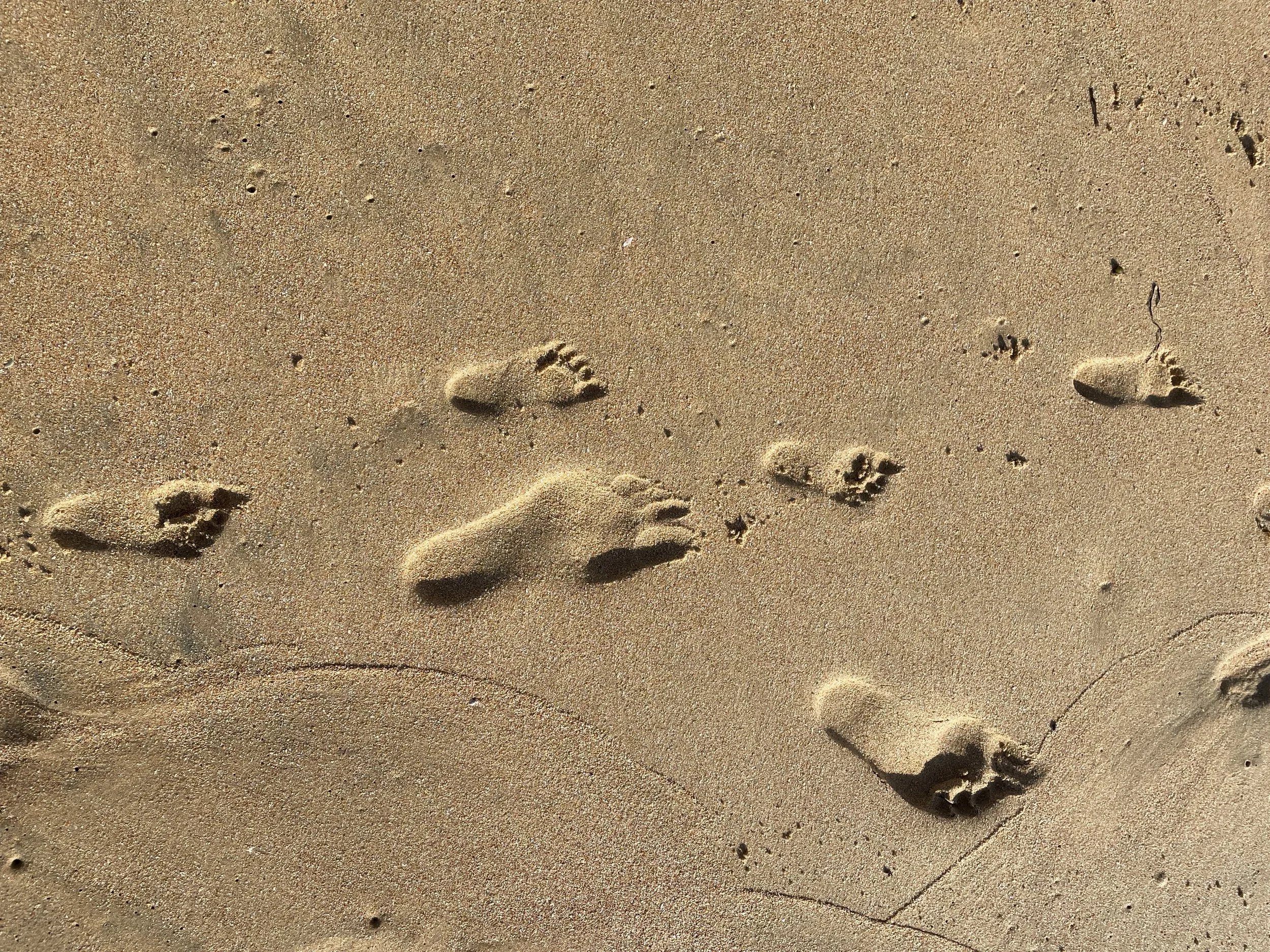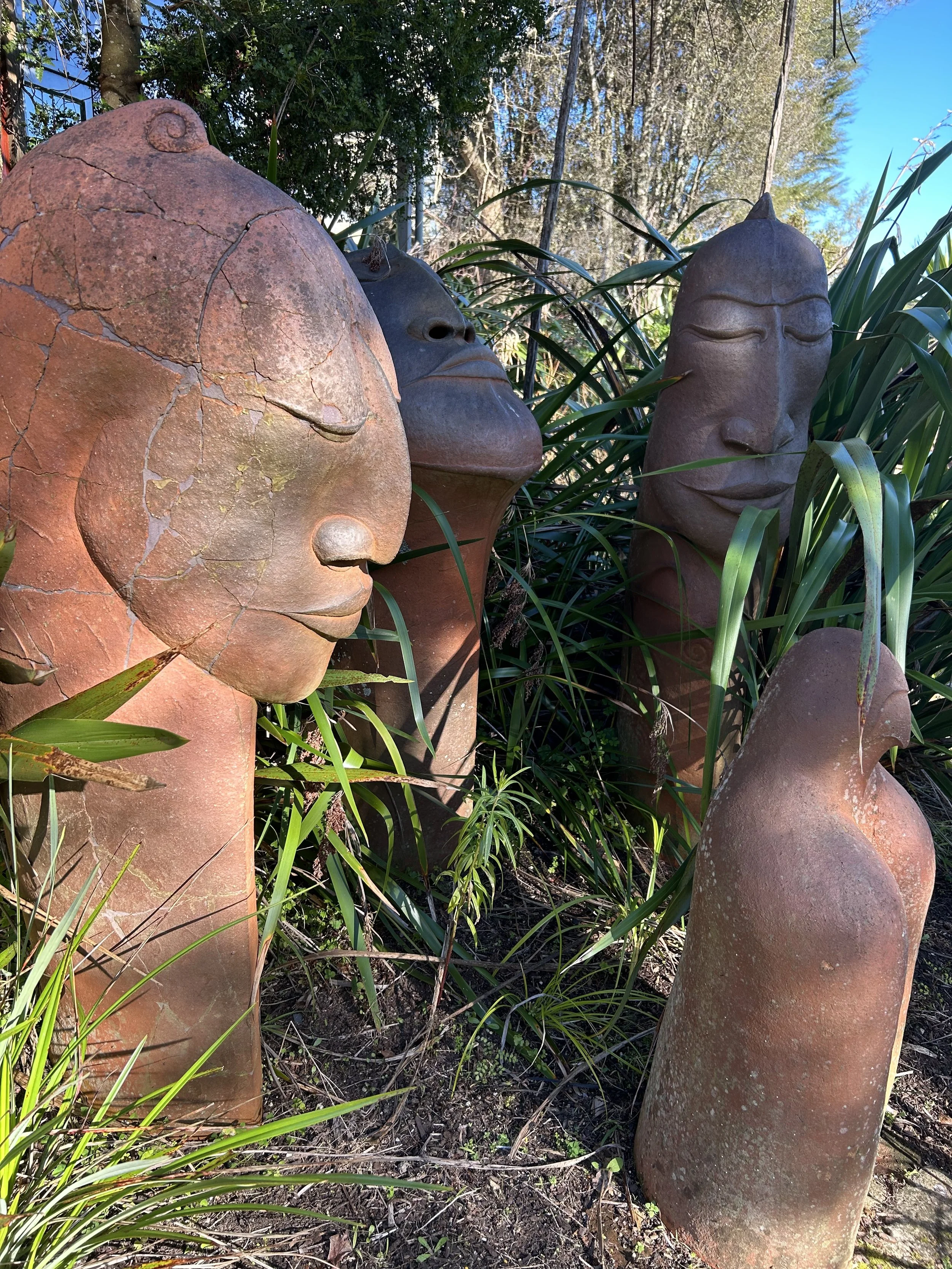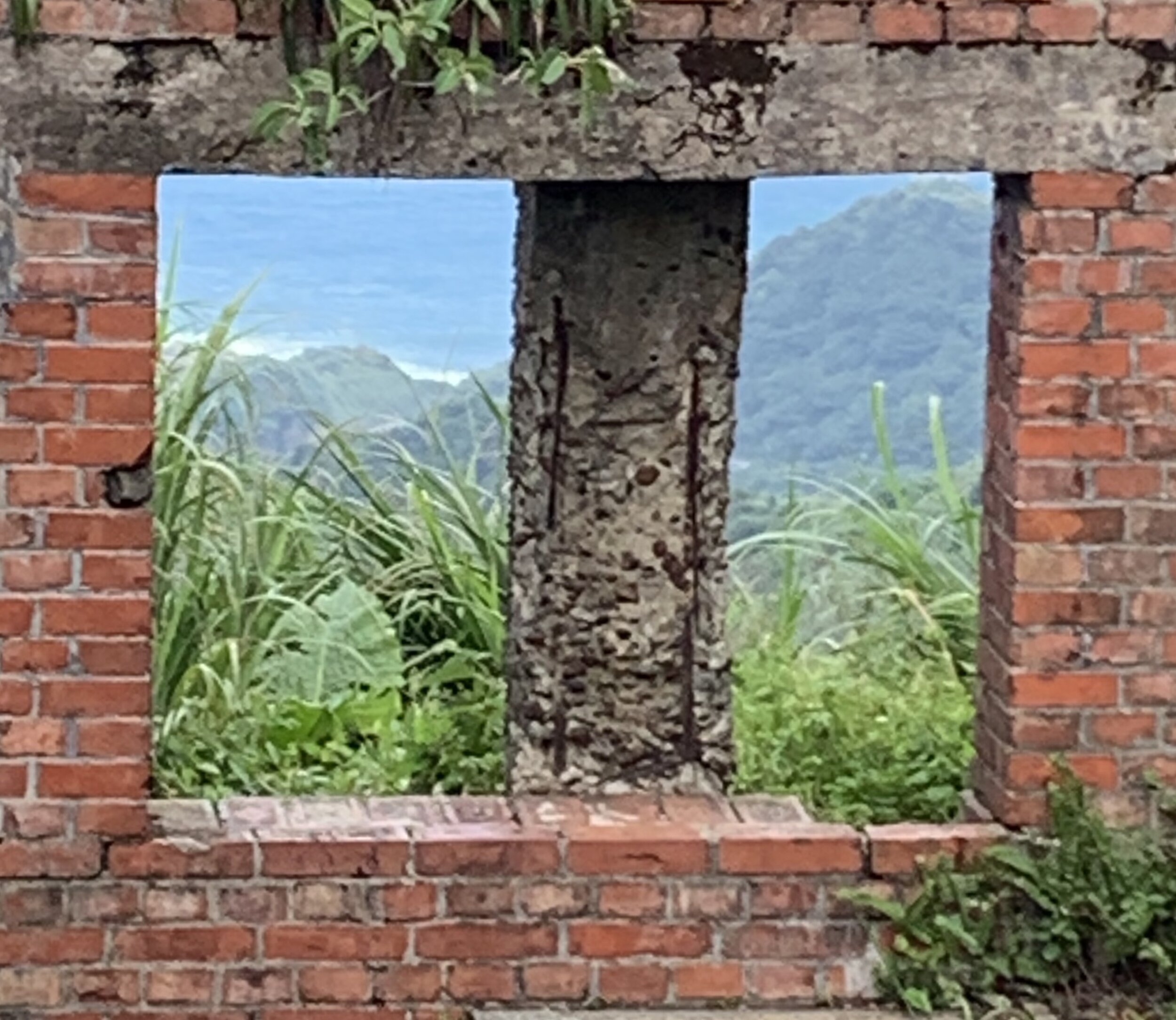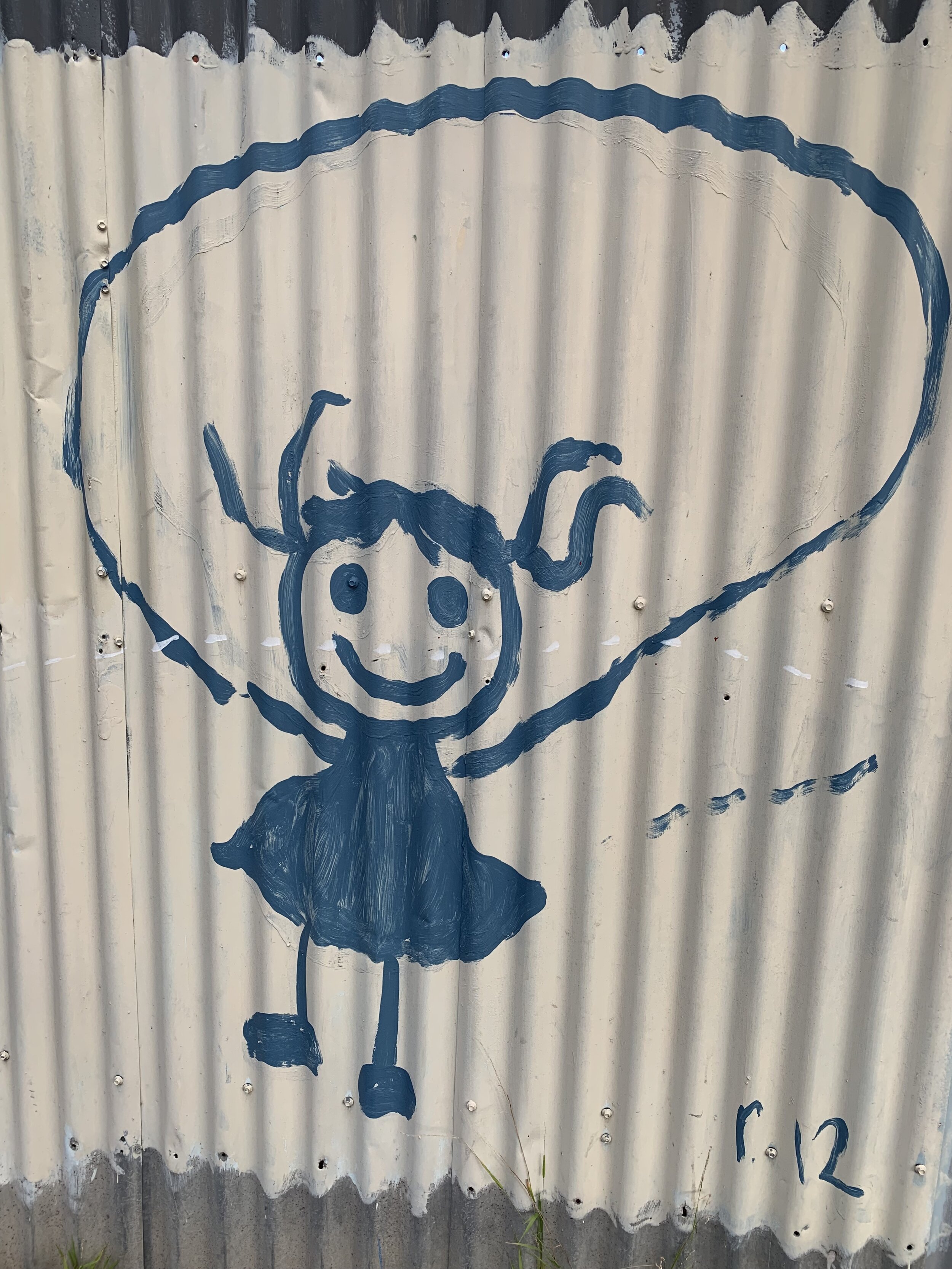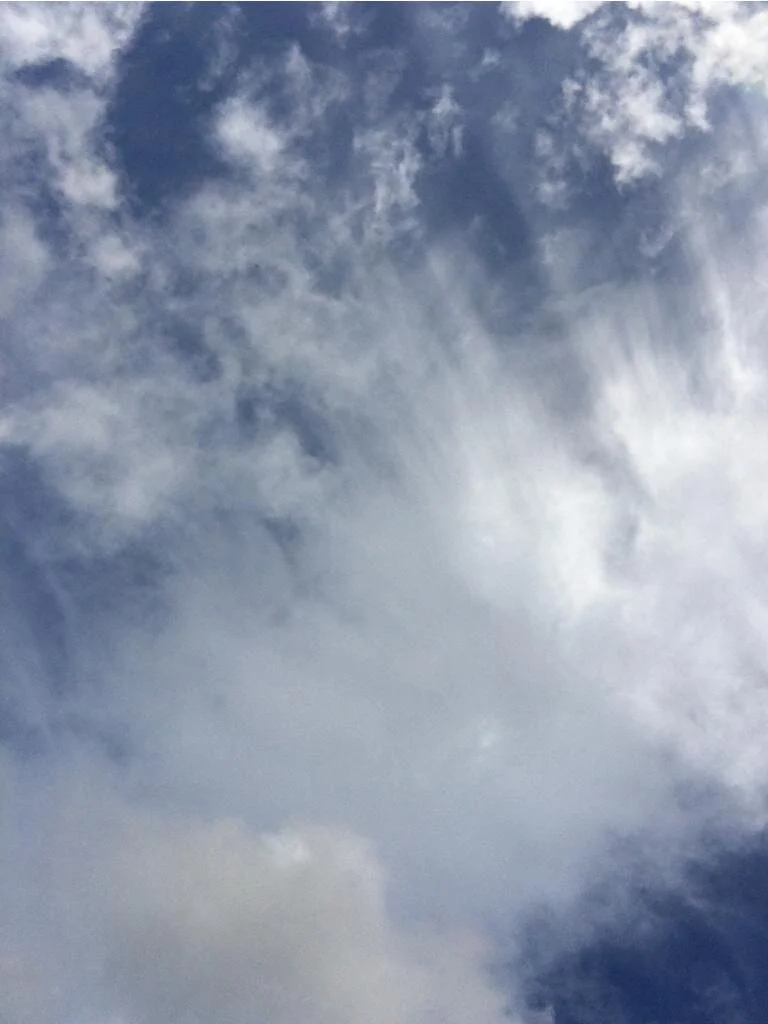Anxiety
What is anxiety?
We don’t seem to enjoy anxiety very much but it does seem to be part of what it is to be human. I think there is also some debate about whether we should overcome it, get rid of it or learn to live with it. This article looks at anxiety through an existential lens and is based on a panel discussion with Emmy Van Deurzen, Kirk Schneider and Alfred Längle. These three people have been trained in Existential philosophy and therapy yet even they differ in their thoughts about what anxiety is and what we do with it.
So lets take a look at anxiety through the eyes of these three people.
Emmy van Deurzen
Emmy Van Deurzen is an Existential psychotherapist in the UK. Born in the Netherlands she grew up observing first hand the horrors of the post-war era. She became an anxious child and teenager and tried to commit suicide twice. Her father sought help from her school principal and Emmy became aware that as a sensitive, vulnerable person she could speak out because she discovered there were other people like her and they would like to hear about how she navigated the world as a sensitive person. She also realised that she had faced her worst fear. She had faced death. Now she felt she could choose life and this gave her purpose and momentum.
Anxiety is, first and foremost, a sign of life. It is not an illness or a problem.
Anxiety arises in the gap between certainty and possibility; between our comfort zone or habits and trying something new. Stepping beyond what we know and feel sure of will bring on anxiety. And in fact this is essential for us to continue to move into the new thing. In this way, anxiety is the price we pay for being able to think about things and have choices.
Anxiety arises when we encounter ‘limit’ situations. That is, situations that we have no control over and are inevitable. I will die. I will fall ill. Life can throw me a curve ball. I’m not in control. When we are faced with our fragility or failures… or loss, or any unpleasant reality we find we have to do something in response and sometimes we don’t know what to do. We can feel overwhelmed and become anxious. And weirdly we come into a place of traction and power because we are faced with choice about how we will respond. And we could choose anything. Such freedom; such choice. Such anxiety.
Anxiety and fear are different. Fear is about something. A threat, perceived or real, to ourself; to our survival. Anxiety is about nothing. It comes when there is a gap or transition where nothing is certain and everything is possible.
For Emmy, facing anxiety, befriending it and learning to live with it, rather than getting rid of it, is the path to a more peaceful existence. This takes courage. This also takes being with another person who can hold your anxiety with you so you are not lost in it. A kind, calm, courageous other who knows that you can survive your anxiety because you already in your life you have probably survived far worse.
Kirk Schneider
Kirk Schneider is a psychologist and existential psychotherapist in the US. When he was very little his brother died. This had a huge and detrimental impact on him and at the age of 6 he entered into therapy with a psychoanalyst. The therapy lasted approximately 10 months and had a profound and positive effect on his wellbeing. He later had a further experience of therapy with an existential therapist which has had a life long positive impact. Kirk developed the Experiential Democracy Dialogue which is a space where two people of opposing views can have a respectful and meaningful conversation without endeavouring to convince the other of their own perspective. This is a way of promoting and building peace.
For Kirk, anxiety is a terror of the unknown. When we come into the world as a new born babe we experience shock and overwhelm. We experience temperature as cold and uncomfortable. We hear raw and foreign noises without the sound proofing of the uterus. Our eyes may be overwhelmed by light and the smells are new and confusing. All of this, and more, invites us to respond. This introduction to the world is overwhelming and we become anxious. So much depends on how we are met in this stage of early life. Are we met with support and understanding or with fears, prejudices, presumptions and assumptions possibly over generations.
Anxiety is the flip side of meaning. With meaning we can be sure of enough things that make us feel certain and secure. Without enough meaning we feel insecure and anxious.
Working with anxiety takes practice and Kirk believes it’s really helpful to practice the skills of working with our anxiety by developing a capacity to take courage, pause, reflect and respond as distinct from react. Taking time during the week when we’re a bit agitated, thrown off by something or someone, to take a breath, pause, get a bit more centred and aware of what’s happening to us. What are my thoughts, feeling, sensations, impulses that are arising? From this exploration of the ‘good the bad and the ugly’ being able to respond from the all of me, rather than a knee jerk reaction which usually does not take into account all the feelings and sensations happening inside. Kirk strongly believes in living a full life in all of who we are not just parts of who we are. This could involve being angry about being imprisoned in a half life. Anger like this can produce momentum to live a fuller life.
Alfried Längle
Alfred Längle is a psychotherapist, medical doctor and clinical psychologist in Austria. Alfried always felt his mother close with him even into his older years. This has given him a grounding to have someone always with him and has been so helpful in his living with anxiety.
Anxiety is in perception. I see and feel that there is no security. Our being here is insecure. The future is unknown and insecure. We are here but nothing is sure. Yet anxiety like this helps us to survive. The danger of anxiety is the paralysis, not being able to do anything. When we find I can do something, I must do something and I will do something, this can overcome this danger. Making a contribution. “This is something I can do.”
Alfred identifies 2 types of anxiety.
The gap in between habit and comfort and a new challenge. Can I be there? In my world, in my relationship, in my body. In this place I need protection, space and support. Have these been provided for me in my life? As a baby, as a child, growing up. We may perceive danger however we know that all has an end and this too will pass. Our anxiety can be calmed.
Phobias or anticipatory anxiety based on prior experience. A phobia is a perception that this has happened before and these things are associated with that and I never want to experience that again. We develop an attitude against anxiety. To escape or avoid situations so I never experience that again.
Alfried makes a distinction between uncertainty and insecurity. I can be certain of my attitude and my thoughts and perceptions but can still be insecure because in the world there is actually no security. How do we respond to this insecurity? For Alfried it’s about civil courage.To stand up in our families, in the work place. To stand up for rights, or what is correct, or what I feel is important. We cannot change society but we can grow our civil courage and this can spread into society and influence the people around us.
